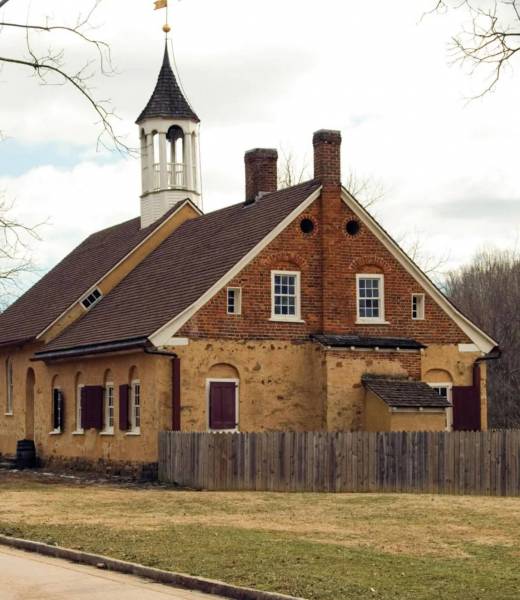the Moravian Prayer Movement
The Hundred-Year Prayer Meeting
In the eighteenth century, a relatively small group of Christians sent out three hundred missionaries from their community. And it all began with a prayer meeting that just wouldn’t stop.

introduction to the
Moravian Prayer Movement
Throughout church history, prayer, awakening, and missions movements have often been interconnected, with concerted prayer efforts leading to spiritual awakenings and the spread of the gospel across cultures.
- The Moravians, a group of Christians, began a prayer meeting in the early eighteenth century that lasted for over a hundred years and played a significant role in the connections between prayer, awakening, and missions.
- Count Nikolaus von Zinzendorf owned a large estate in Saxony called Herrnhut, which he opened to Protestant refugees from all over Europe in 1722, attracting believers from Silesia, Bohemia, and Moravia, many of whom had been influenced by the Teschen Revival.
- In the spring of 1727, some Moravians began praying for fresh revival in their midst, and by late summer, almost fifty Moravians had committed to pray for one hour a day, one after the other, for 24 consecutive hours, seven days a week, leading to a spiritual awakening that caused their group to grow and draw more refugees from all over Europe.
- The Moravians kept up their round-the-clock prayer ministry for over a century, known as the Hundred-Year Prayer Meeting, which has inspired countless churches and ministries to host 24-hour prayer meetings for revival, missions, or other priorities.
- The prayer revival led to a missionary awakening among the Moravians, who became the tip of the spear for evangelical global missions, with dozens of missionaries leaving Europe to spread the gospel to other lands, including the West Indies, Greenland, Turkey, West Africa, South America, and the English colonies of Georgia and Pennsylvania.
- The story of the Moravians serves as a reminder that God still answers prayers, as stated in James 5:16, and can bring about spiritual awakening, reviving cold hearts and stirring dormant affections.
Author’s Citation: Nathan A. Finn is the Provost and Dean of the University Faculty at North Greenville University in Tigerville, SC, and is the coeditor of Historical Theology for the Church (B&H Academic, 2021).

